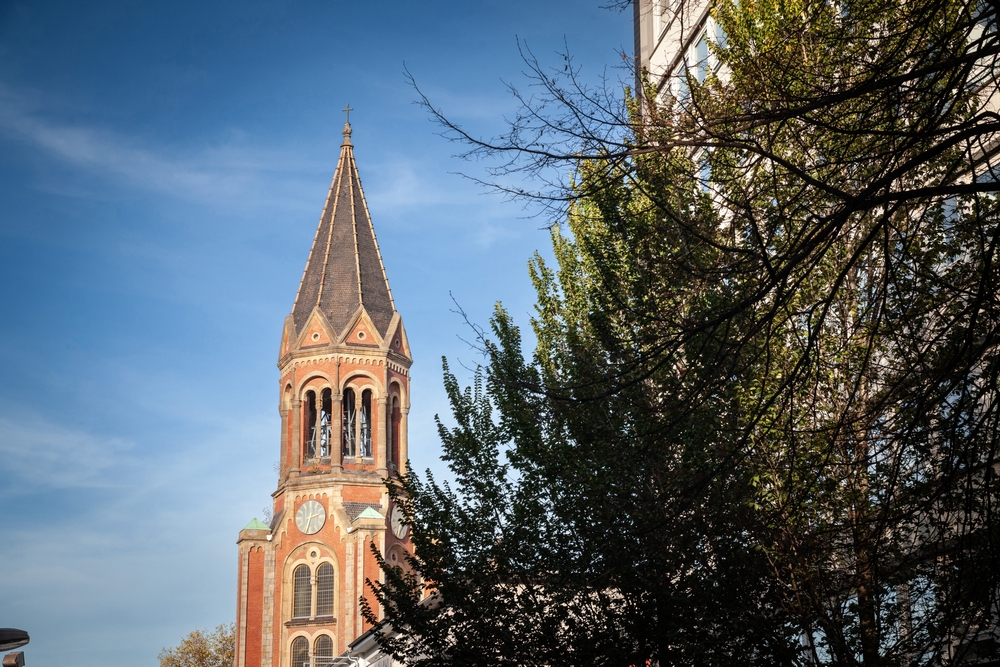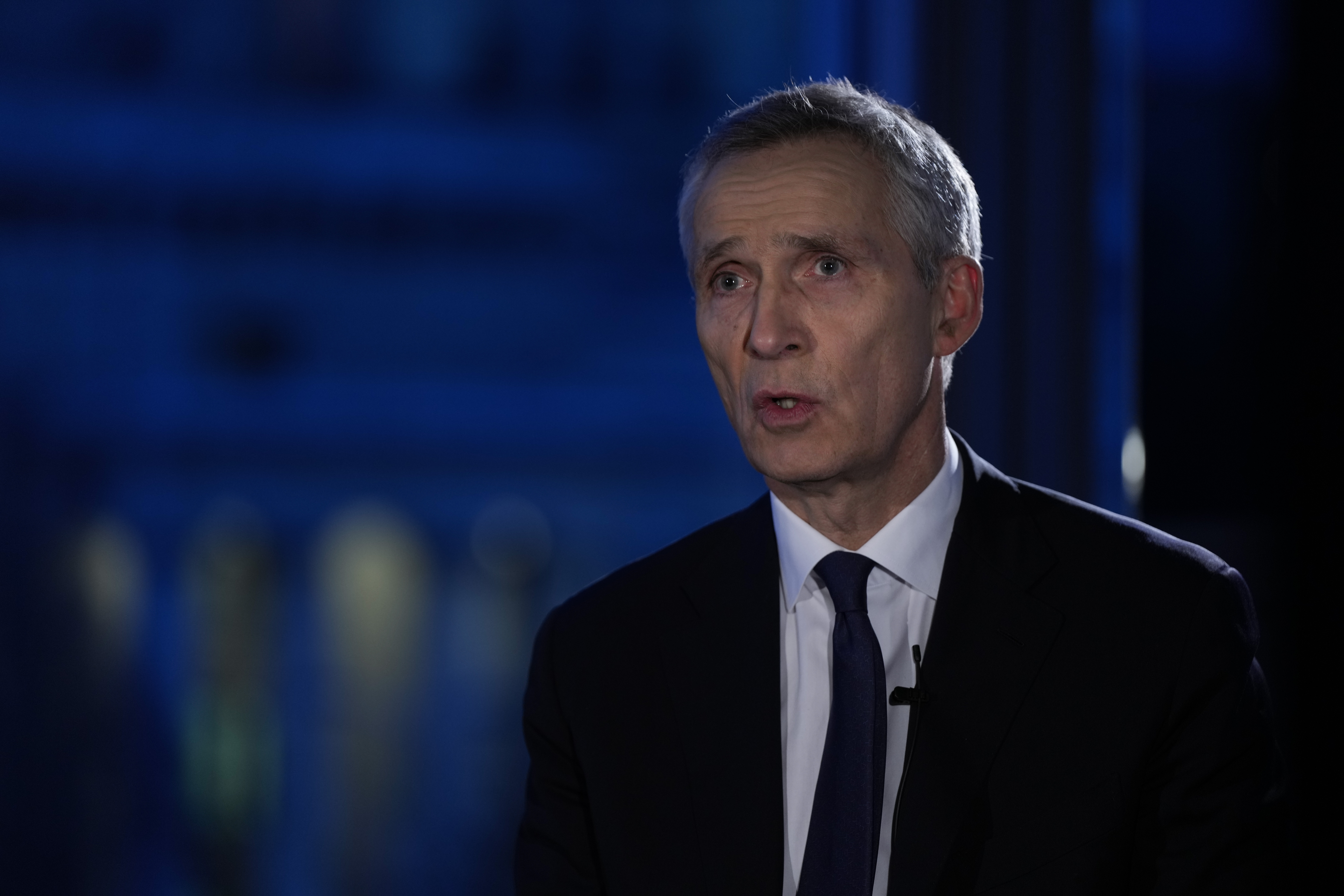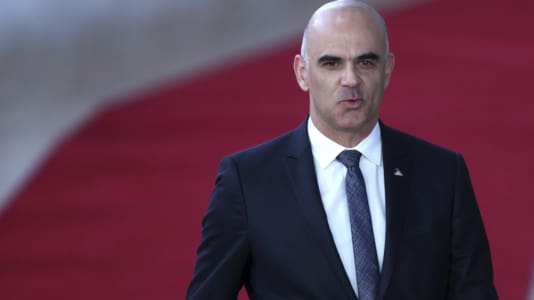The Evangelical Church in Germany (EKD) reported 745,000 members left the church last year, the highest figure on record, as increasingly more Germans turn their backs on institutional religion.
A total of 380,000 members made the conscious choice to leave the church in 2022, an increase of almost 36 percent over the previous year, while 365,000 existing members died. The church recorded a total of 170,000 new members, resulting in a net loss of 575,000.
EKD now represents just 19.1 million people in Germany, or 22.7 percent of the population.
Annette Kurschus, chair of the EKD Council, called the record loss in membership “depressing,” and while accepting that “constant change is a characteristic of the evangelical church,” she revealed that “particularly far-reaching changes need to be made at the moment.”
“Baptism is at the heart of the Christian faith,” added Kurschus, who revealed the evangelical church plans to promote a nationwide baptism day on June 24 for the first time in a bid to revive the church’s popularity among young people.
Reports in the German newspaper Junge Freiheit suggest EKD’s involvement with NGO humanitarian vessels facilitating illegal immigration in the Mediterranean has turned some of the church’s more conservative members away from the institution. Church leaders have regularly blessed NGO vessels collecting migrants attempting to travel to Europe in the Mediterranean, and the church funded the purchase of the Sea-Watch 4 vessel used by a German NGO for such purposes off the Italian coast.
Some regional churches also attributed the decline in their congregation to the increased cost of living in the past year.
However, the numbers show a continual decline in membership. Similar figures were recorded by the Roman Catholic Church across Germany last year when it was reported that for the first time in history the established Christian churches now represent a minority of the German population.
“Church abandonment has steadily increased over the past decades,” said religious scholar Prof. Detlef Pollack at the time. He attributed the demise to a loss in significance among Germany’s youth and the church’s demise as a political power; he additionally pointed to the role that German unification played in increasing secularization.






